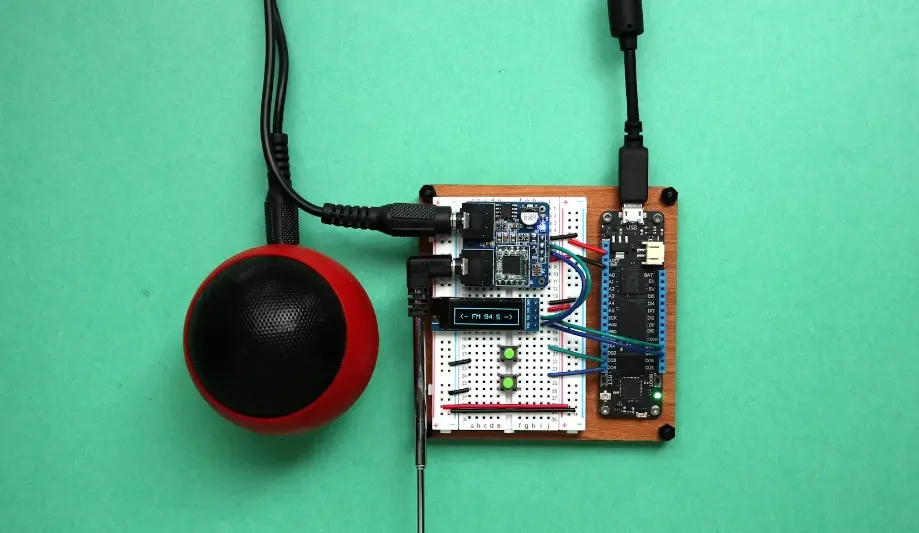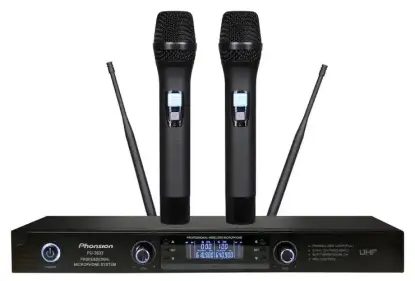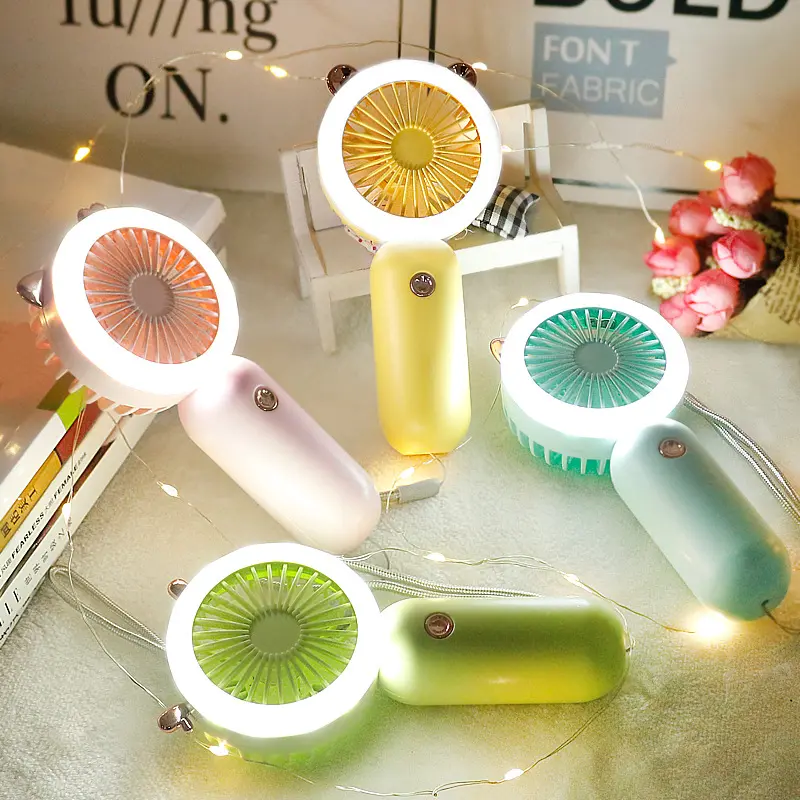
Audio-Visual Products SNI Certification in Indonesia
On November 13, 2024, the Indonesian Ministry of Industry (MoI) issued Regulation No. 75/2024 titled "Concerning the Mandatory Implementation of National Standards for Audio-Visual Products" (Permenperin No.75/2024). This regulation requires that all audio-visual devices comply with the SNI IEC 62368-1:2014 standard, replacing the previous Regulation No.15/2018. The new regulation will take effect on June 2, 2025, aiming to improve product quality, ensure consumer safety and health, and enhance the international competitiveness of Indonesia’s AV industry.

Scope and Covered Product Categories
The regulation applies to:
- Audio-visual equipment powered by AC single-phase or DC supply not exceeding 250V.
- Specific products include:
- TVs with screen size under 42 inches.
- Car radio and media players (excluding factory-installed units in imported vehicles).
- DVD and Blu-ray players (standalone units only).
- Active speakers (not integrated into other equipment).
- TV set-top boxes for satellite, terrestrial, and cable systems.
Product classifications (with relevant customs HS codes):
- Television (LCD and CRT, up to 55 inches, excluding OLED, QLED, ONED, Mini LED): 8528.72.91 / 8528.72.92 / 8528.72.99
- DVD/Blu-ray players (standalone): 8521.90.19 / 8521.90.99
- Car media players (non-integrated): 8527.21.00 / 8527.29.00
- Active speakers: 8518.21.10 / 8518.21.90 / 8518.22.10 / 8518.22.90 / 8518.29.90
- Set-top boxes: 8528.71.11
Key Changes and Compliance Requirements
Major updates compared to the previous regulation:
- Local Representation: Foreign manufacturers must establish an official representative company in Indonesia and register their trademarks.
- Application Procedure: The SNI application must be submitted via the SIINAS system by the Indonesian-registered representative of the factory.
- Local Warehousing: The representative must set up a warehouse in the same or neighboring regency/city in Indonesia.
- Certificate Management: After certification, the SPPT SNI certificate must also be obtained through the SIINAS platform.
Certification Process
- Preparation Phase:
- Trademark registration in Indonesia.
- Technical documentation including user manuals, product designs, and quality system (e.g., ISO 9001).
- Application and Evaluation:
- Submit application to an Indonesian SNI certification body.
- Sign a tripartite agreement.
- Undergo a factory audit by Indonesian officials (sample collection included).
- Send samples for testing at a national lab (safety, EMC, and environmental such as RoHS compliance).
- Issuance and Post-Certification:
- Upon successful testing, an SNI certificate is issued, valid for 4 years.
- Annual audits are required.
- Certified products must display the SNI logo and may be randomly inspected in the market.
- Non-compliance may lead to product recalls, fines, or even criminal liability.
Compliance Costs and Strategic Recommendations
- Certification Costs:
- Costs vary depending on the product type and include type testing, factory audit, and ongoing surveillance.
- Contact JJR Global Testing Services for a customized quote.
- Optimization Tips:
- Work with experienced consultants (e.g., JJR Lab in China) for faster, streamlined certification.
- Ensure that production models are identical to tested samples to avoid re-certification due to design changes.
Importance of Compliance
The Indonesian government enforces a strict zero-tolerance policy:
- Non-certified products will be withdrawn or destroyed.
- Violators may face up to 5 years of imprisonment or a fine of up to IDR 300 million.
- SNI certification is a significant non-tariff barrier to importation. Manufacturers are strongly advised to plan early to secure market entry.
Email:hello@jjrlab.com
Write your message here and send it to us
 Wireless Microphone Export Certification
Wireless Microphone Export Certification
 Audio-Visual Products SNI Certification in Indones
Audio-Visual Products SNI Certification in Indones
 FCC-ID: Still Needed if Module is Certified?
FCC-ID: Still Needed if Module is Certified?
 FCC Certification Fees for Handheld Fans
FCC Certification Fees for Handheld Fans
 FCC Certification Testing for Smart Lighting Produ
FCC Certification Testing for Smart Lighting Produ
 What is the ETSI EN 303 645 Testing Standard?
What is the ETSI EN 303 645 Testing Standard?
 UL Compliance and ETL Certification for LED Lighti
UL Compliance and ETL Certification for LED Lighti
 What is the IEC 60598 Standard?
What is the IEC 60598 Standard?
Leave us a message
24-hour online customer service at any time to respond, so that you worry!




